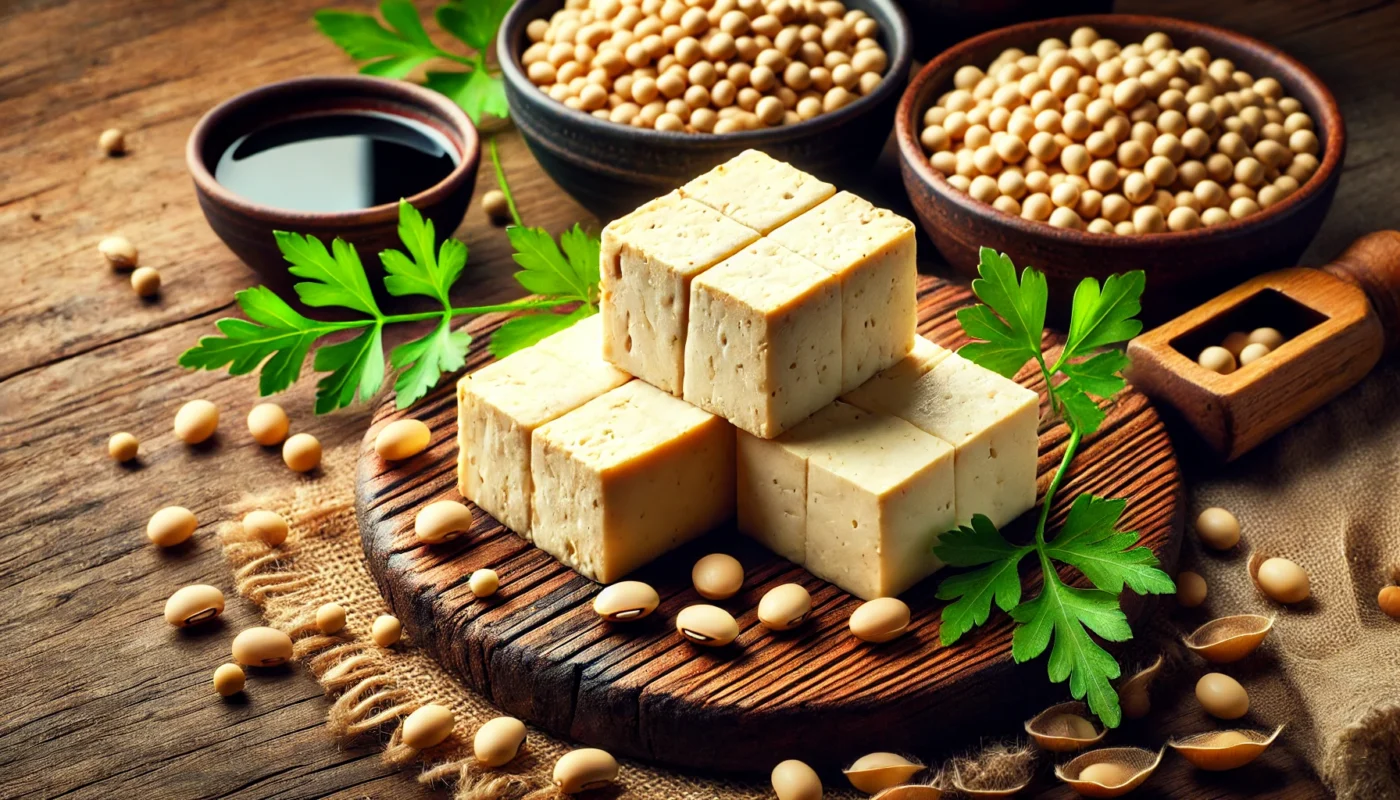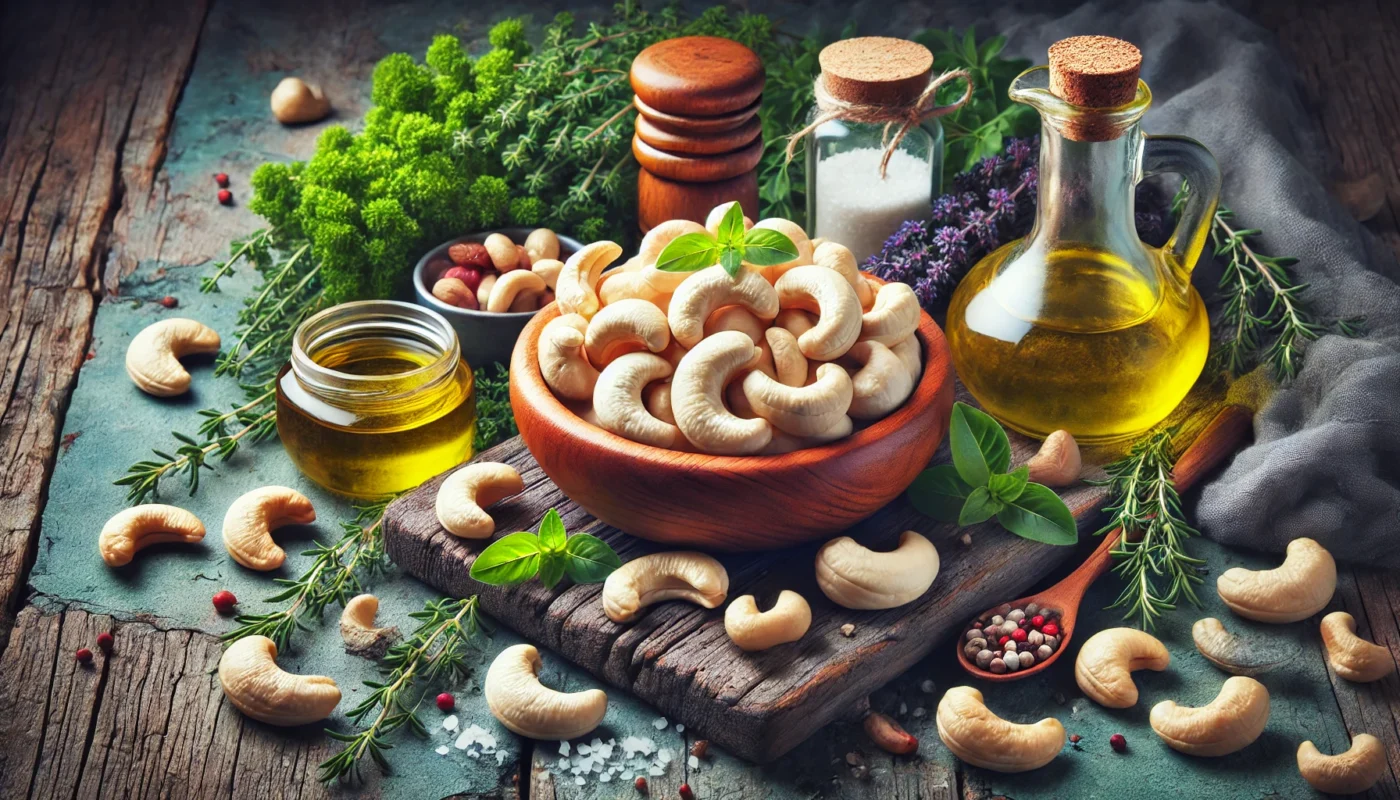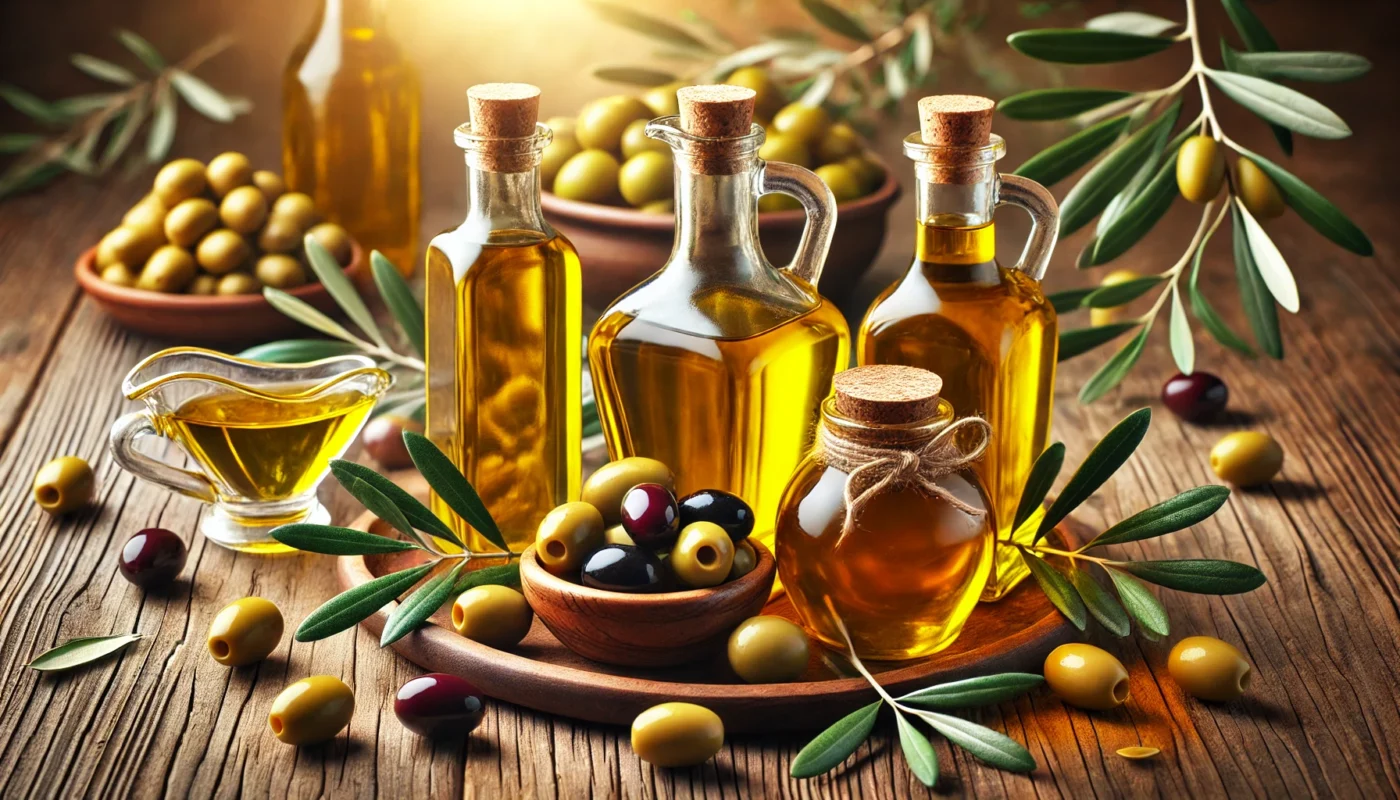Tofu, a staple in many diets, is often a topic of debate in health circles. Its impact on inflammation levels is a particular point of contention.
This article aims to shed light on this issue. We’ll delve into the science behind tofu and inflammation, dissecting the research and debunking common myths.
Tofu is a soy-based product, rich in isoflavones. These compounds can have both pro-inflammatory and anti-inflammatory effects. The impact of tofu on inflammation can vary greatly, influenced by individual health conditions and genetic factors.
We’ll also explore the role of tofu in a balanced diet. It’s crucial to consider the overall dietary pattern rather than focusing solely on a single food item.
This article will provide practical advice on incorporating tofu into your diet. We’ll discuss the importance of quality, preparation methods, and portion control.
Whether you’re a fitness enthusiast, a health enthusiast, or a medical patient, this article aims to provide you with a comprehensive understanding of tofu’s role in inflammation.
Remember, while this article is informative, it’s always best to consult with healthcare professionals when making significant dietary changes. Let’s dive in and explore tofu’s impact on inflammation levels.










